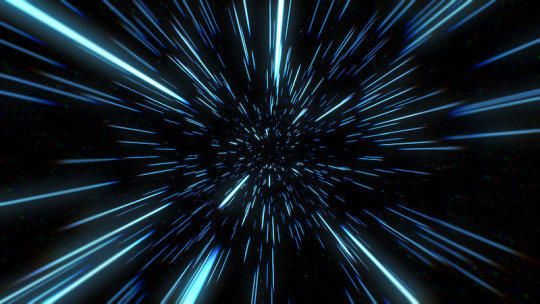HOME
How fast is the universe expanding? Galaxies provide one answer

A new estimate of the local expansion rate -- the Hubble constant, or H0 (H-naught) -- reinforces that discrepancy.
Using a relatively new and potentially more precise technique for measuring cosmic distances, which employs the average stellar brightness within giant elliptical galaxies as a rung on the distance ladder, astronomers calculate a rate -- 73.3 kilometers per second per megaparsec, give or take 2.5 km/sec/Mpc -- that lies in the middle of three other good estimates, including the gold standard estimate from Type Ia supernovae. This means that for every megaparsec -- 3.3 million light years, or 3 billion trillion kilometers -- from Earth, the universe is expanding an extra 73.3 ±2.5 kilometers per second. The average from the three other techniques is 73.5 ±1.4 km/sec/Mpc.
Perplexingly, estimates of the local expansion rate based on measured fluctuations in the cosmic microwave background and, independently, fluctuations in the density of normal matter in the early universe (baryon acoustic oscillations), give a very different answer: 67.4 ±0.5 km/sec/Mpc.
Astronomers are understandably concerned about this mismatch, because the expansion rate is a critical parameter in understanding the physics and evolution of the universe and is key to understanding dark energy -- which accelerates the rate of expansion of the universe and thus causes the Hubble constant to change more rapidly than expected with increasing distance from Earth. Dark energy comprises about two-thirds of the mass and energy in the universe, but is still a mystery.
News Source